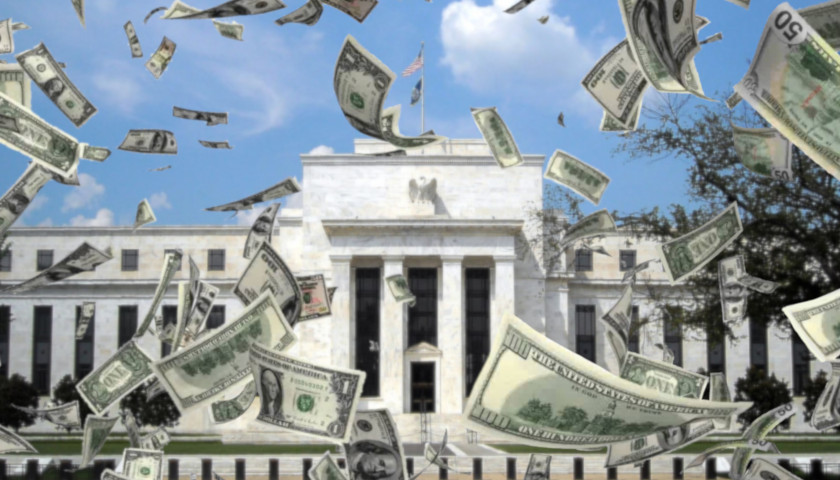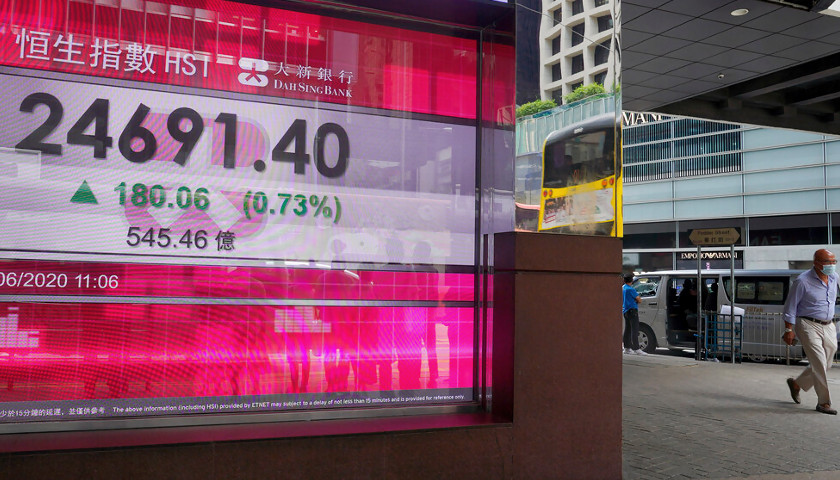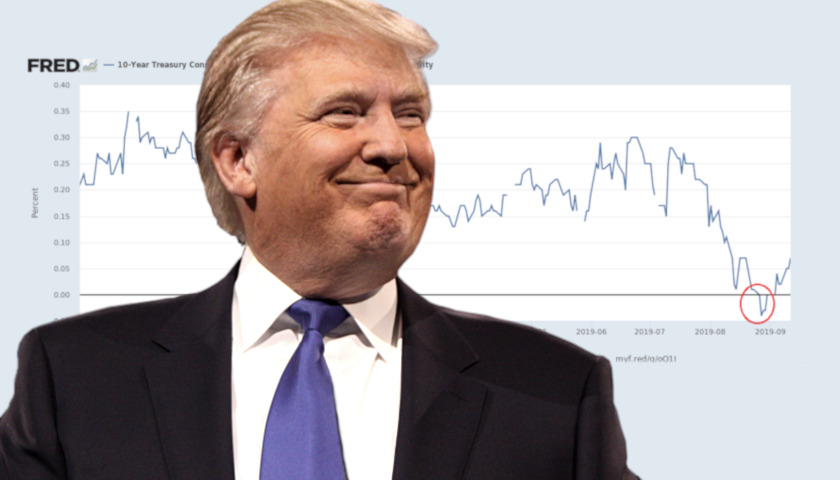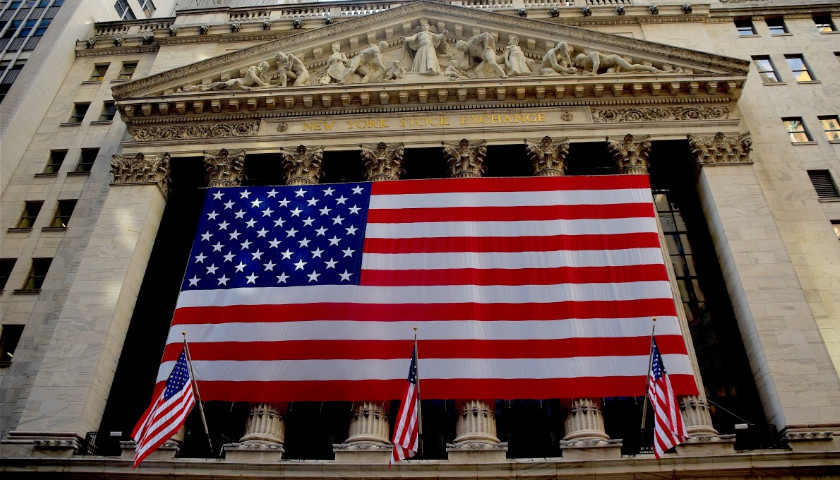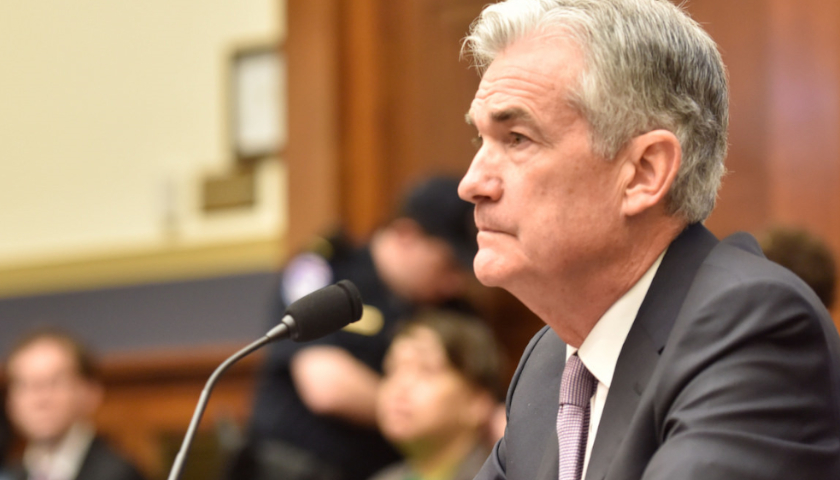A new proposed bill in the Tennessee not only proposes cutting some of the state tax funding to pay debt on the Music City Center, but it also calls into question plans to build a new $2.2 billion Tennessee Titans stadium.
Senate Bill 648, filed Thursday by Sen. Jack Johnson, R-Franklin, on behalf of Lt. Gov. Randy McNally, R-Oak Ridge, would change the way taxes flow to Metro Nashville to pay debt from the Music City Center, which opened in 2013. The bill does not yet have a House sponsor.
Read the full story


